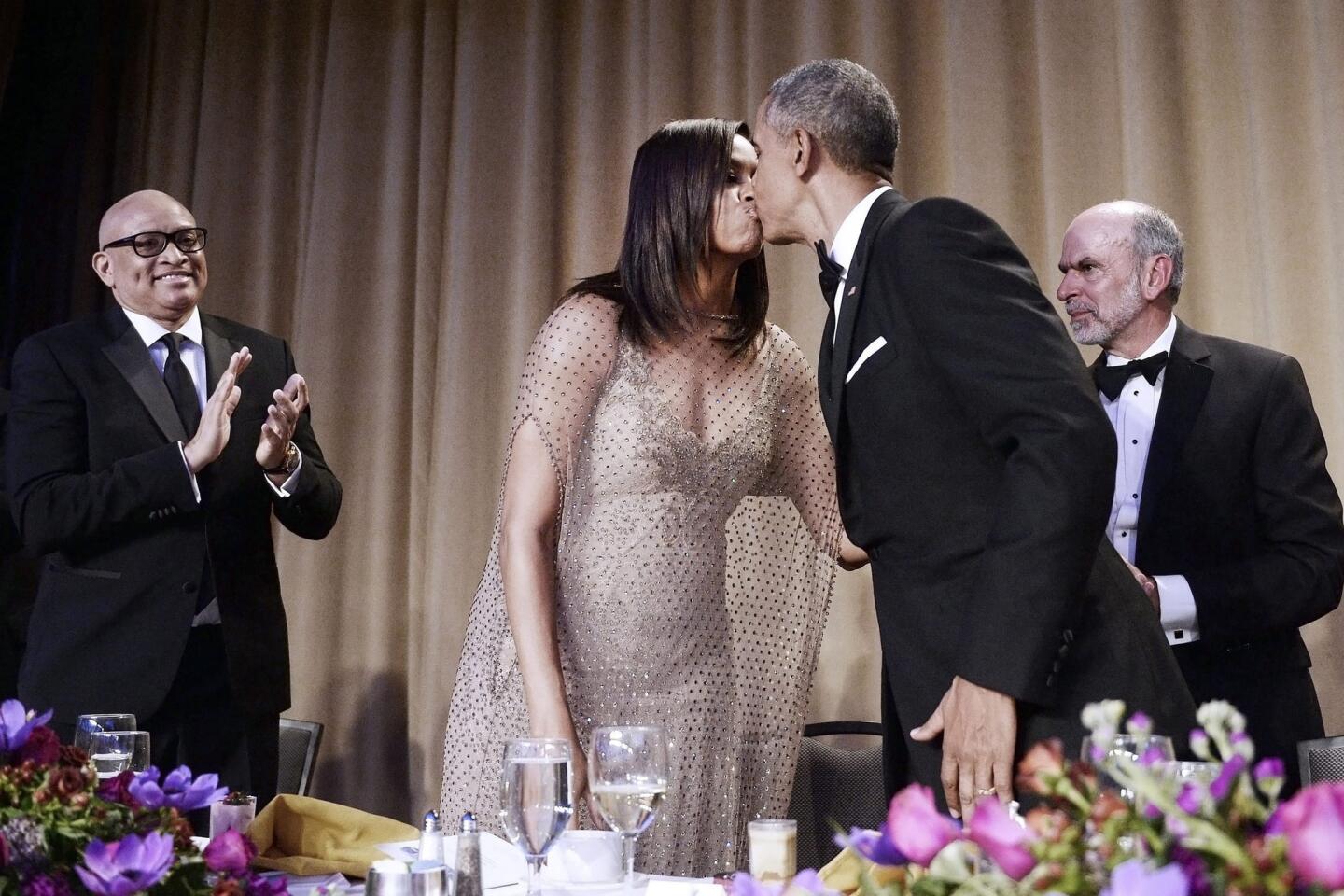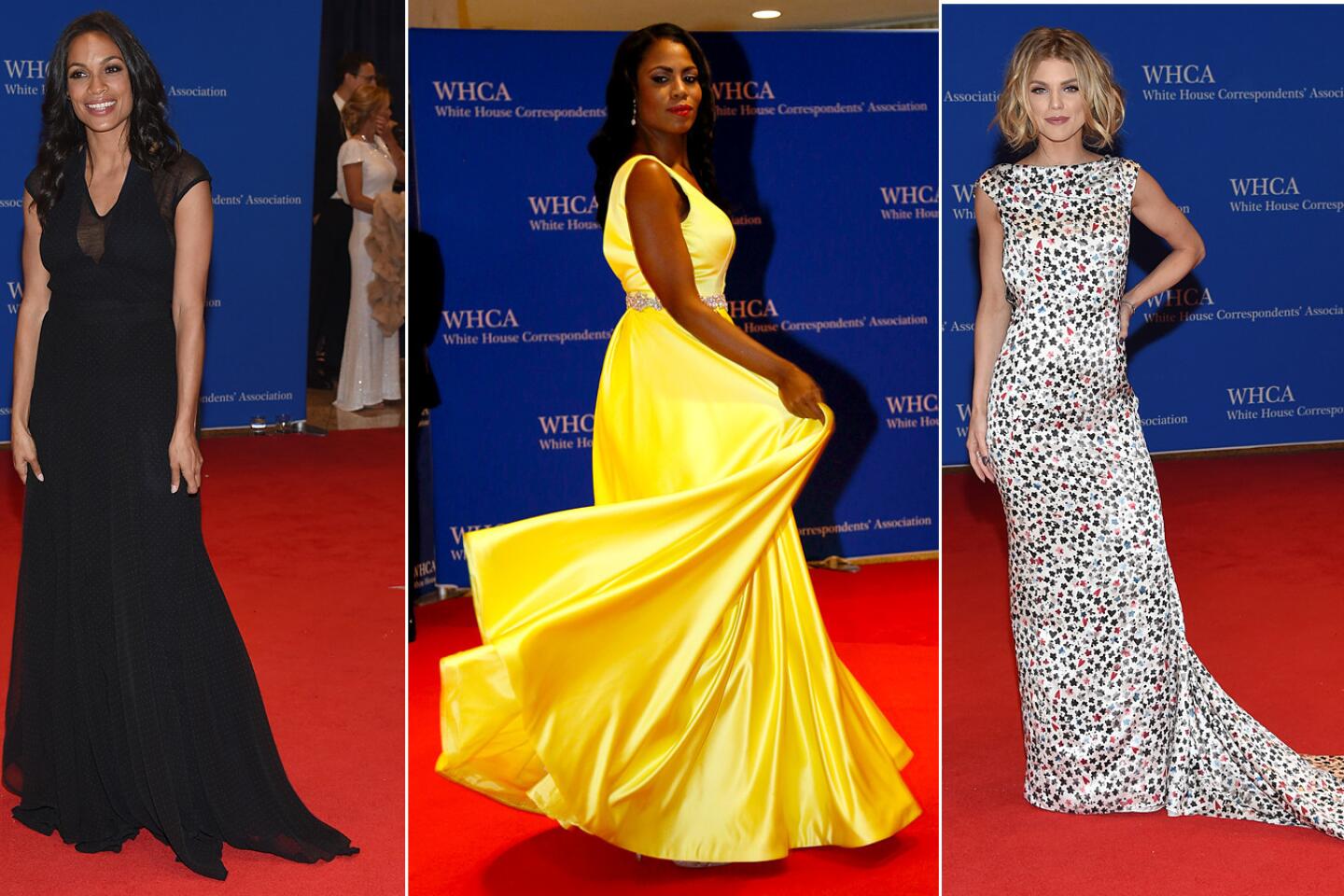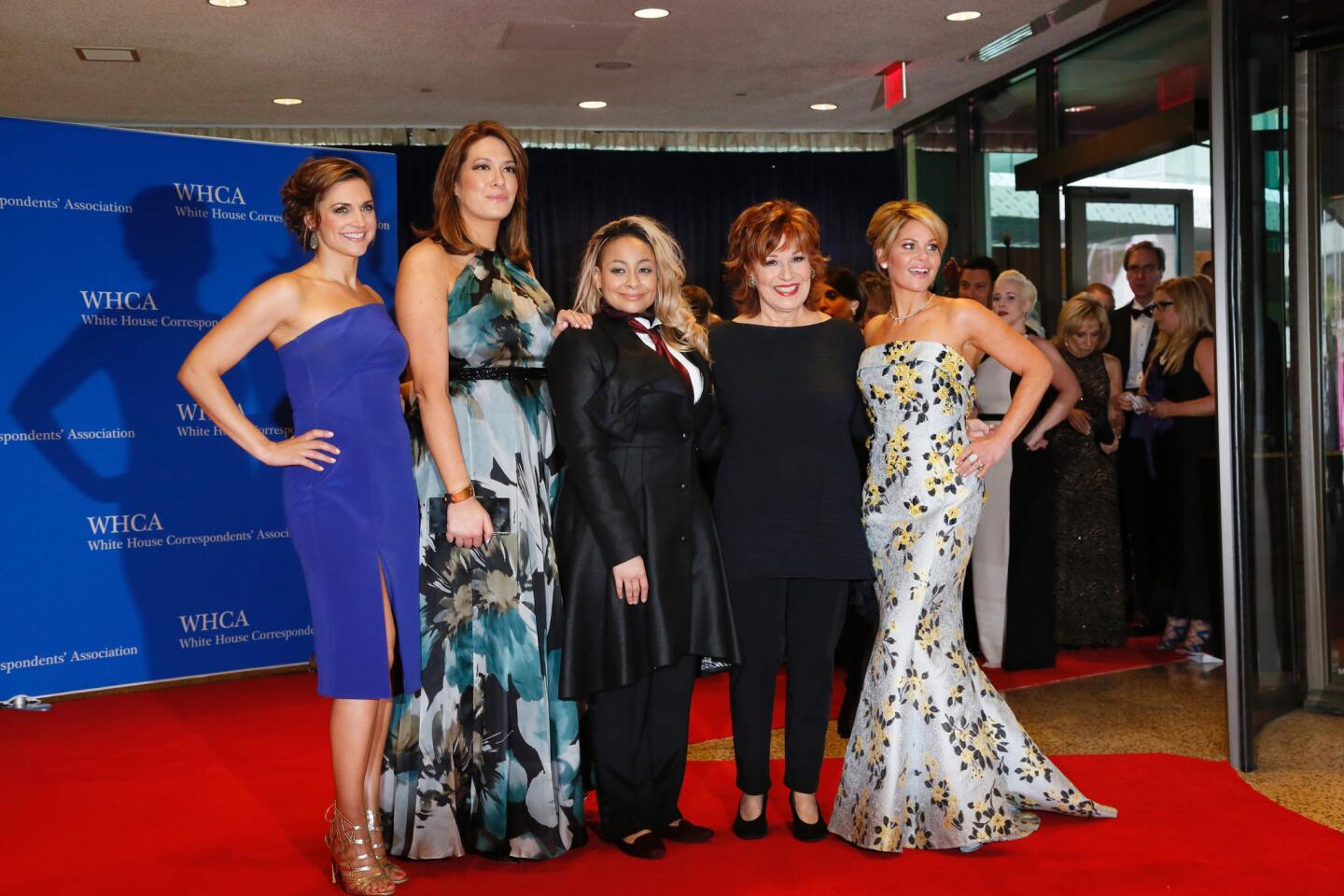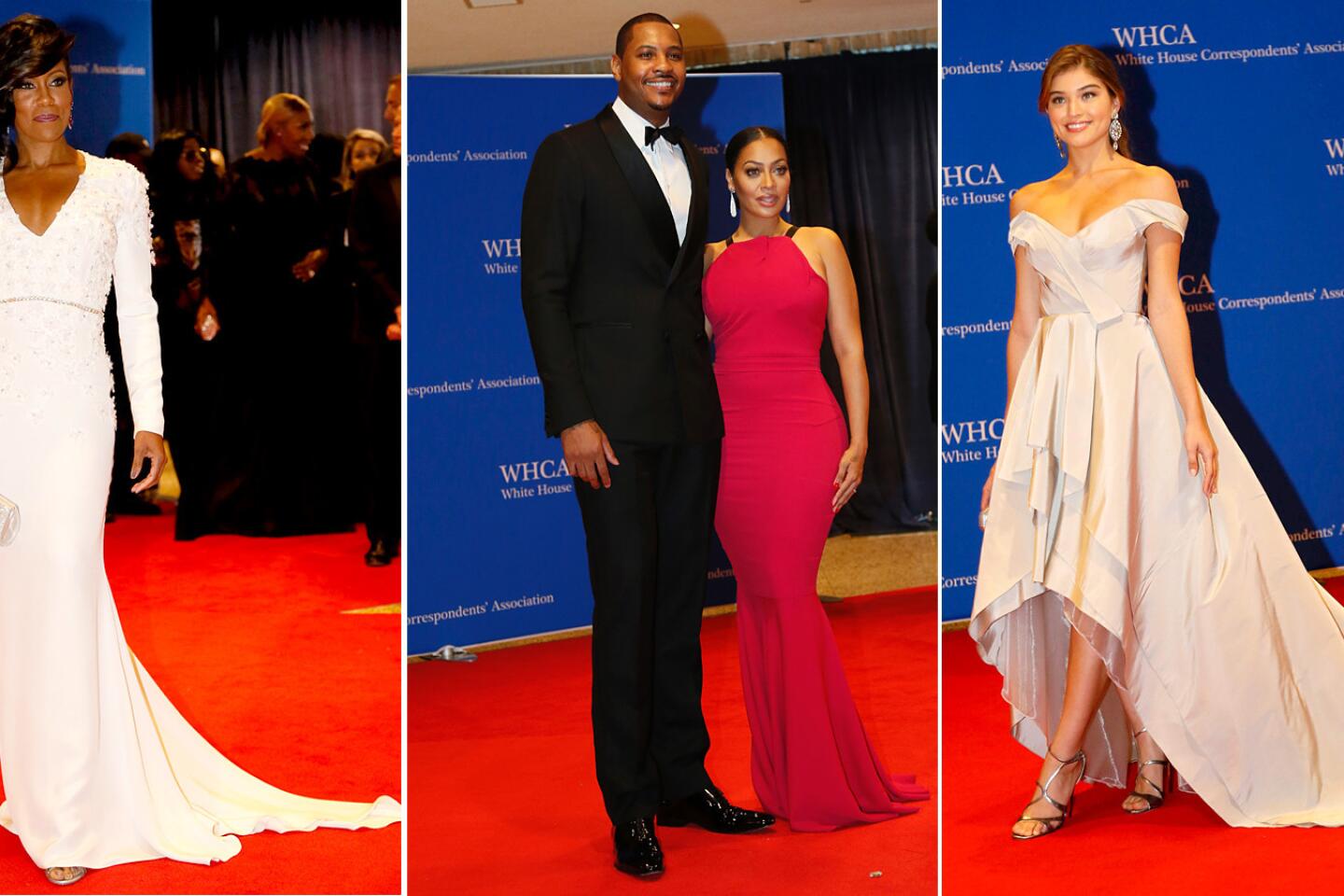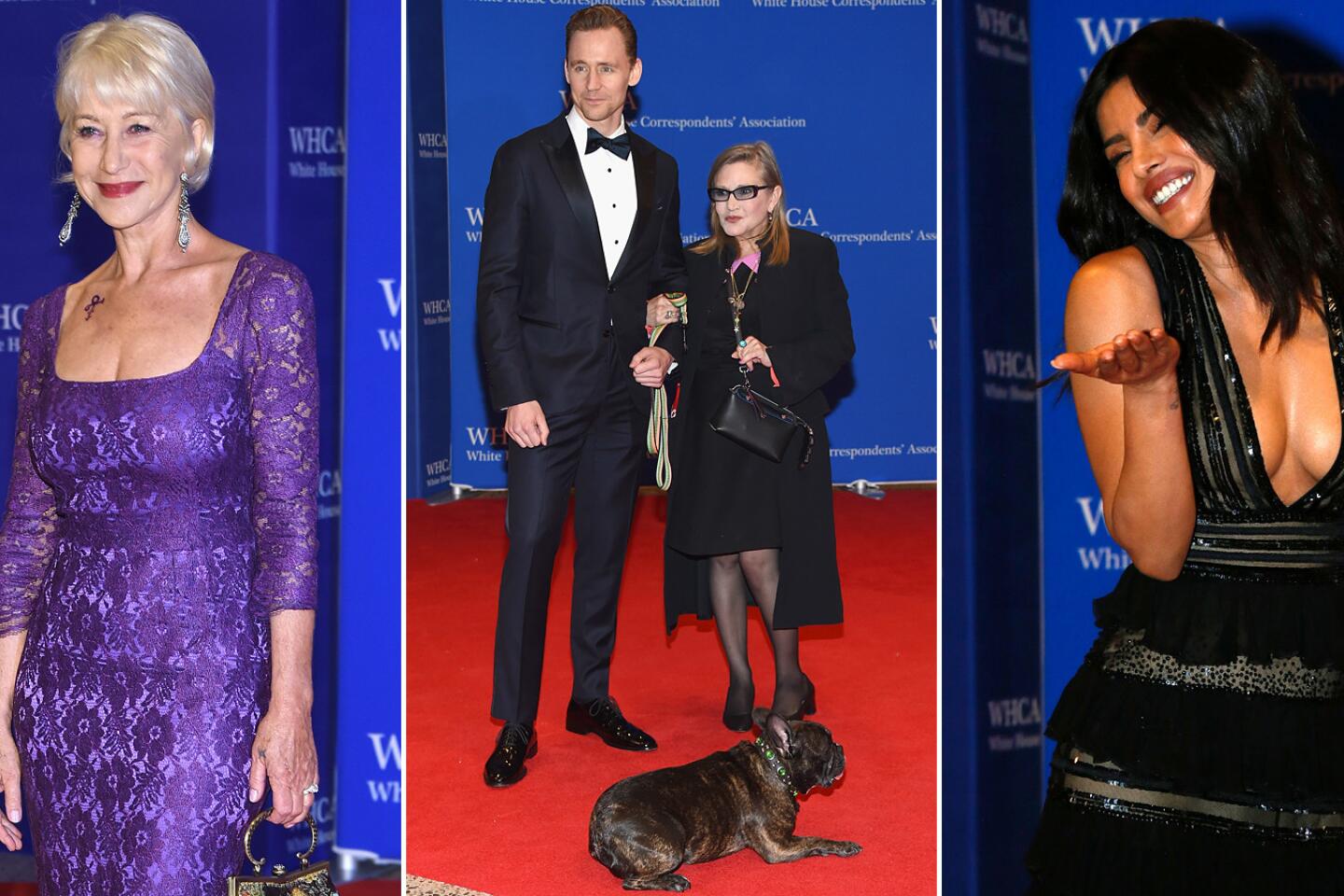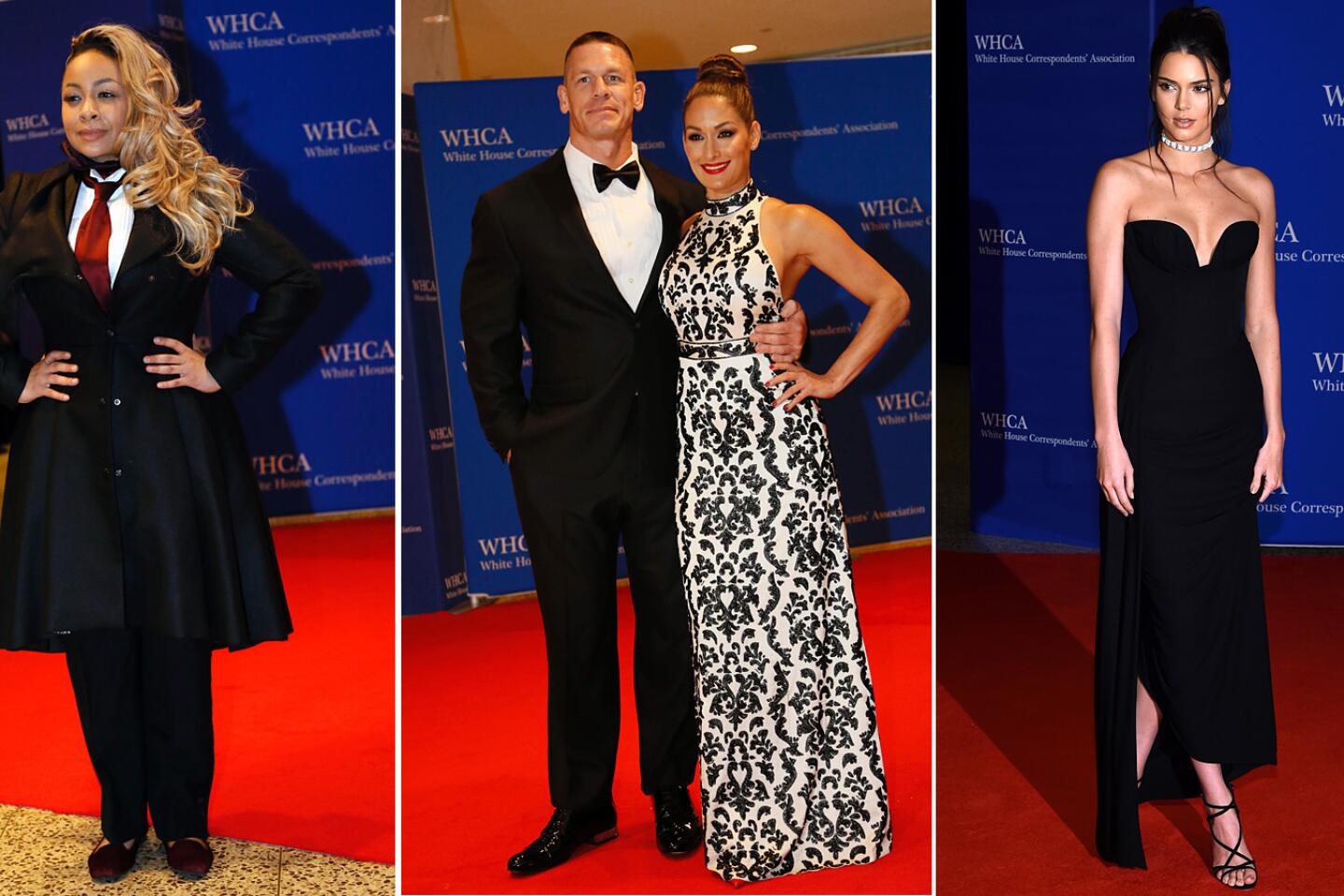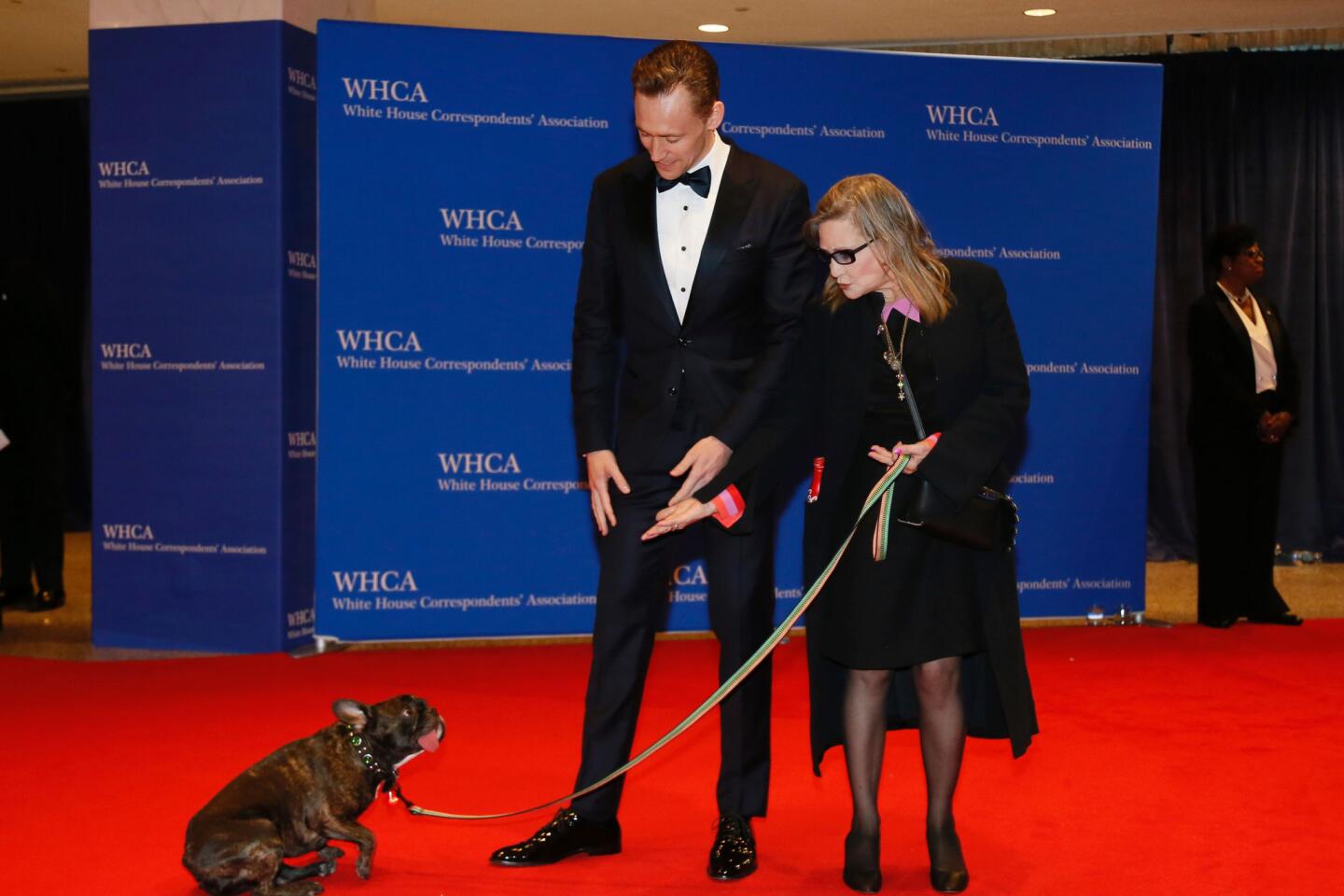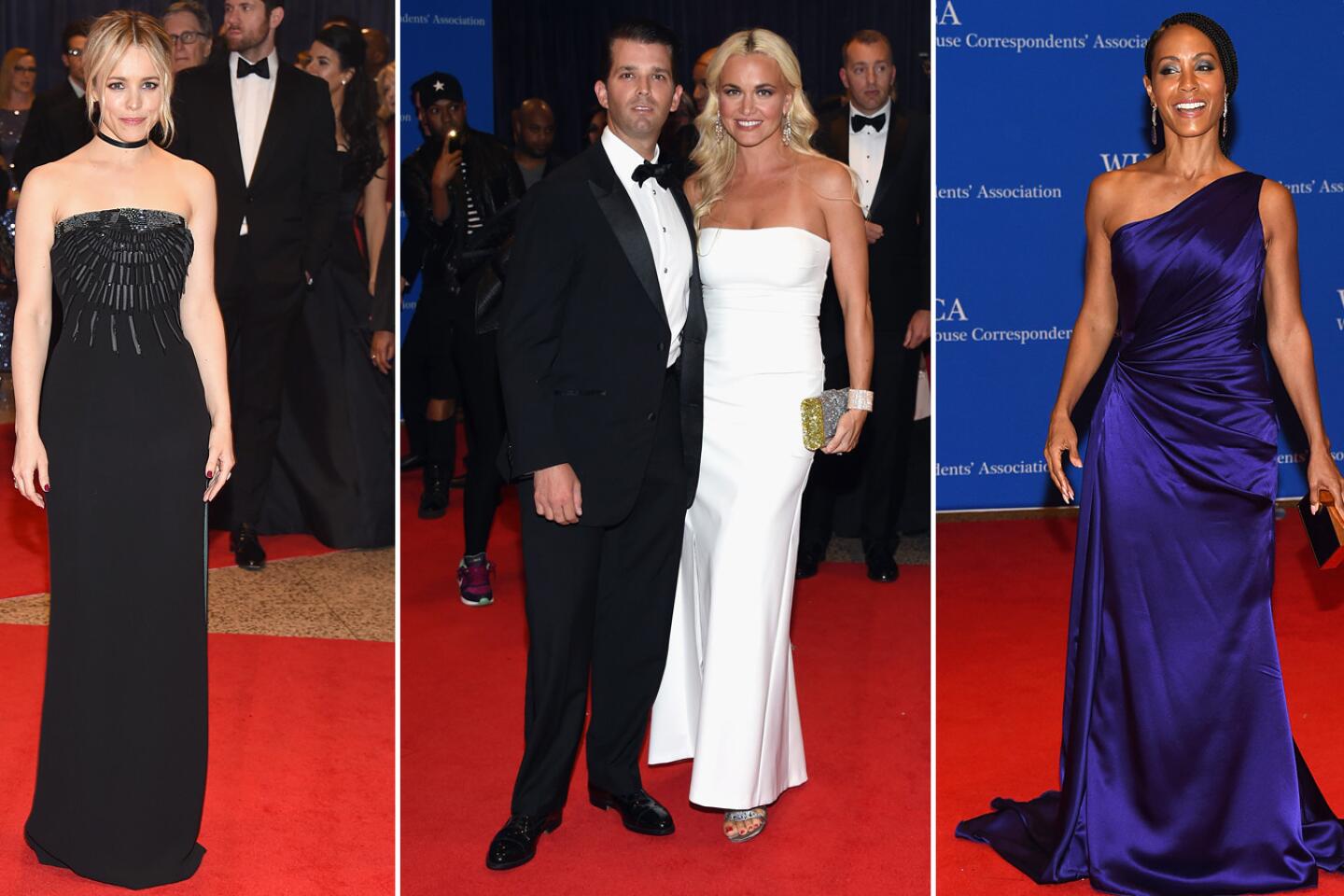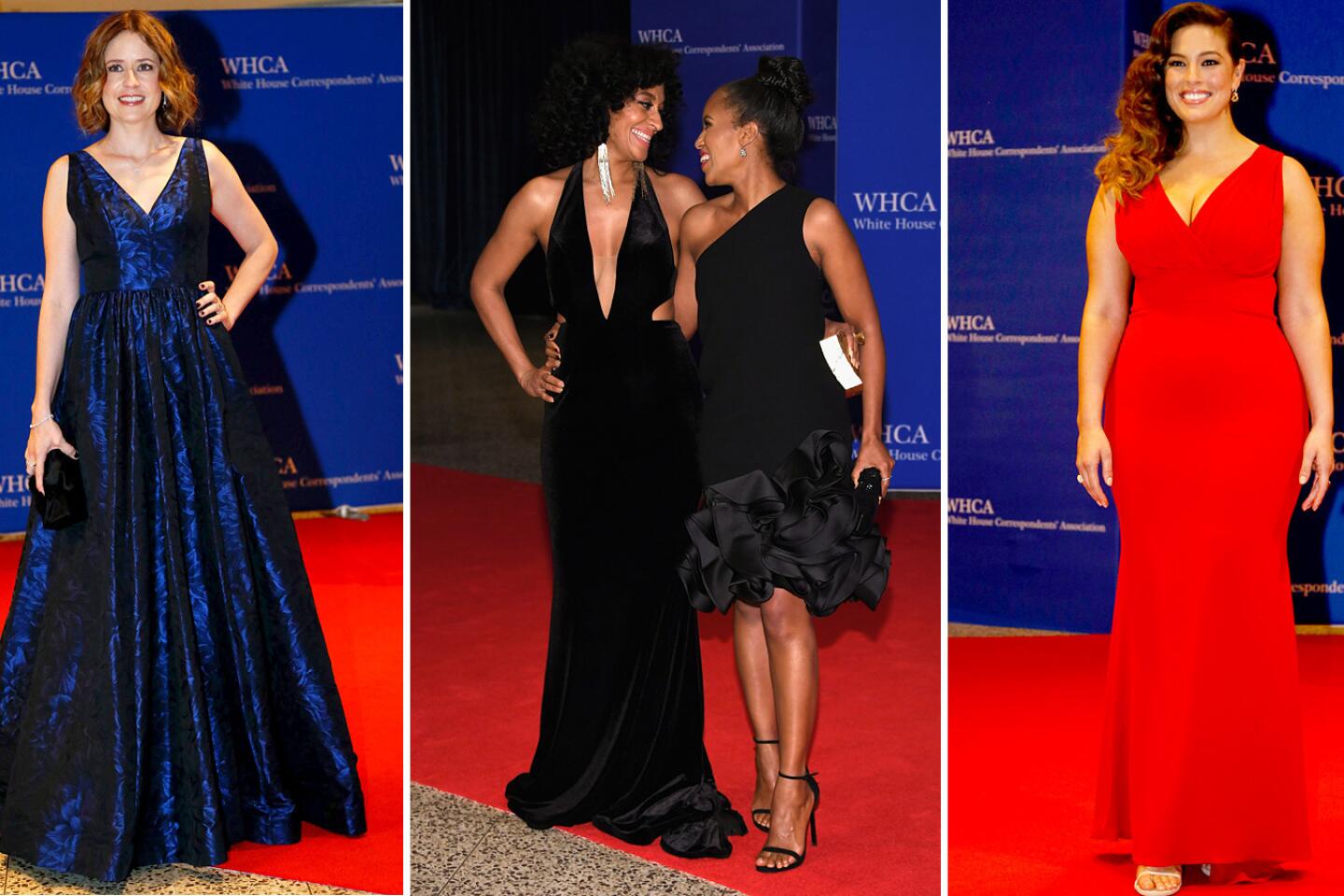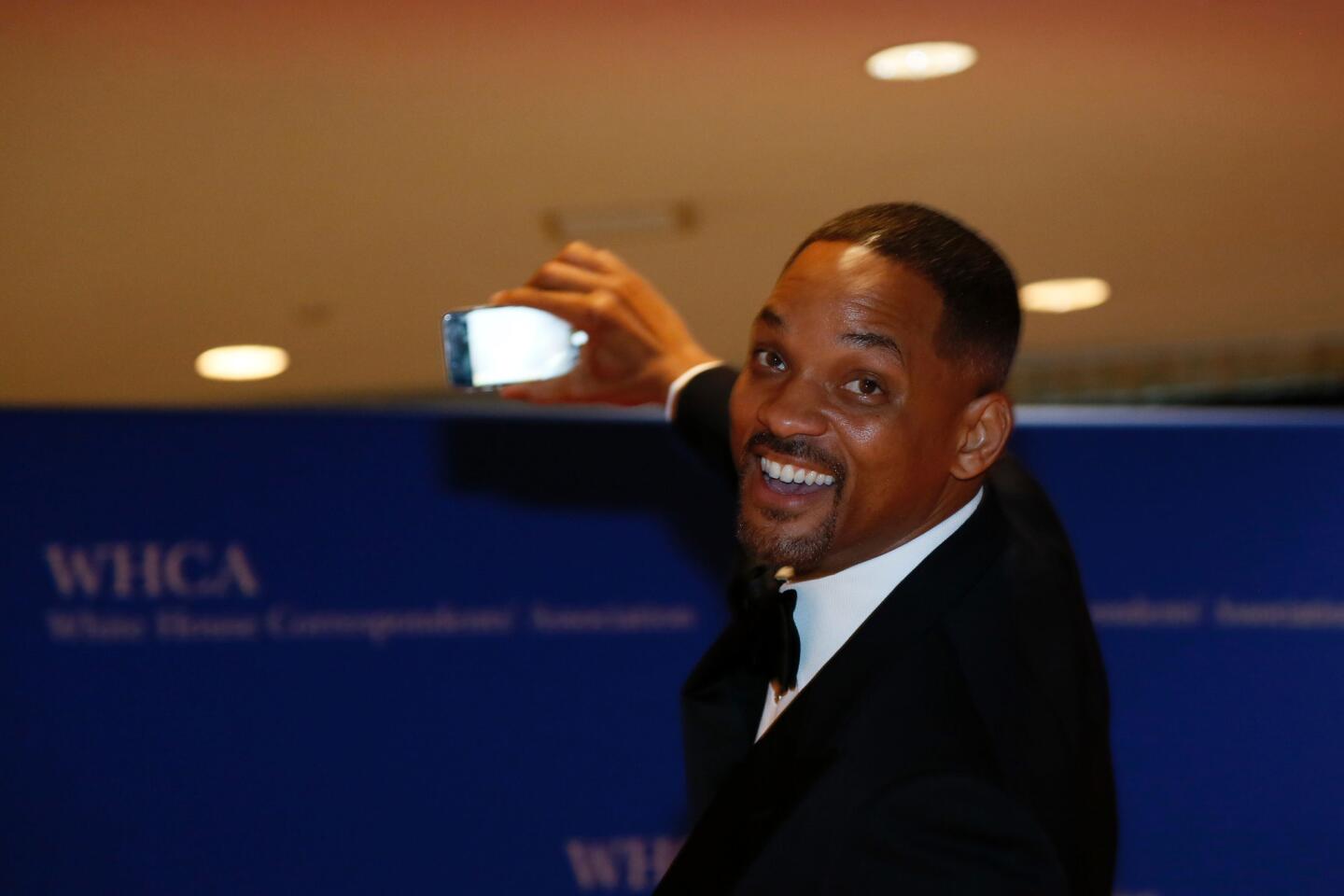Did #WHCD roaster Larry Wilmore run into the Oscar-host paradox?
Let’s put aside the question of whether Larry Wilmore was funny. The White House Correspondents Dinner roaster on Saturday night did land some trenchant lines, though he was not as funny as many past hosts, and maybe not nearly as funny as he thought he was.
Let’s also put aside whether the world needs another Larry Wilmore take, hot or otherwise. It doesn’t. But we’ll defy that lesson anyway, like that friend who says “not to sound disrespectful” as a cue that he’s going to be just that.
What is worth asking is whether Wilmore was funnier than the room thought he was.
Of course, an undertaker delivering news of a busy week would have been funnier than the room thought he was. So maybe it’s worth reframing the question to ask whether Larry Wilmore got a raw deal from the in-house audience.
After all, Wilmore’s job at the final Barack Obama-led ceremony was similiar to that of most roasters: to poke fun, to call out elephants, to note the nakedness of royalty in the room.
But the room did not laugh. The room stared straight ahead. The room sometimes flipped him the bird. The rooms sometimes flipped him the bird even when it did not actually flip him the bird.
Watching the squirming and groaning, what came to mind was another tuxedoed show with a similar speaker-audience dynamic: the Oscars.
There too a group of muckety-mucks fill an auditorium after choosing someone to roast them, then get upset when just that happens. The fundamental paradox of Oscar hosting is that the people watching at home often want the kind of humor that will tweak, or even alienate, the people in the room. And the people in the room really really are not the kind who like to be tweaked or alienated.
Faced with this problem, hosts tend to either go for broke and bite the hand that feeds (Jon Stewart, Chris Rock, Seth MacFarlane) or try to get the room to laugh with them at common, external foibles (Billy Crystal, Ellen DeGeneres, that James Franco-Anne Hathaway-Frankenstein monster). And neither approach tends to work. Our reaction is they’re either “too mean” or “too boring.”
Wilmore chose the Rock-Stewart path, the “too-mean” one. Which in a room filled with journalists — let’s be honest: we’re not the thick-skinned sort — was really going to the “too-mean” one. And, for Wilmore, the masochistic one.
The room gave the comedian the cold shoulder. And those of us at home, even those of us who might have laughed at more of the jokes, found it reflexively harder to do so while the room sat in hissy silence.
The gold standard of #WHCD roasting is Stephen Colbert’s appearance during the second George W. Bush term exactly a decade ago. The reason Colbert is known as the gold standard is that he figured out a way to sidestep this paradox. He saved almost all his comic ire for the president and his policies.
When he cited reporters, it was as a general matter — he rarely called anyone out by name. Watch the speech and embedded bit again now. It’s amazing how few specific media personalities he takes on, and when he does it’s almost always to make himself, not the person, the butt of the joke. There’s almost nothing in it that could legitimately be called a diss of a specific media personality, which seems hard to imagine getting away with even then, let alone in the beef-heavy culture of today.
Colbert also had the advantage of doing it all in character, which gave him an added layer of insulation.
You can argue that was the better route to take; it’s certainly the more diplomatic. But it would be wrong to judge Wilmore by that standard. Wilmore’s “The Nightly Show” is, time slot and network commonalities aside, different from its “Colbert Report” predecessor. And Wilmore was different from his predecessor Saturday night. He was trying something that Colbert hadn’t: He was seeking to skewer the room, whether it was MSNBC for its white-bread-ness, Fox for its conservative bias or CNN for ratings dips/personality weaknesses. And that’s why the room shouldn’t be the one to render a verdict. It would be like walking into a slaughterhouse and asking the cows whether they approve of the farmer. They’re the last people to judge.
In retrospect, maybe there was a more self-deprecating, less-personal route to take, a la Colbert. But Wilmore’s not a character — he’s a truth-to-power comedian. He came with points to make. And the points were aimed at the many people in the room. There was for him, as so many Oscars hosts have previously discovered, no sidestepping the paradox.
MORE:
Larry Wilmore says he didn’t actually use the N-word at correspondents’ dinner
Sharpton: Larry Wilmore’s calling Obama the ‘N-word’ was in ‘bad taste’
Twitter: @ZeitchikLAT
More to Read
Only good movies
Get the Indie Focus newsletter, Mark Olsen's weekly guide to the world of cinema.
You may occasionally receive promotional content from the Los Angeles Times.
